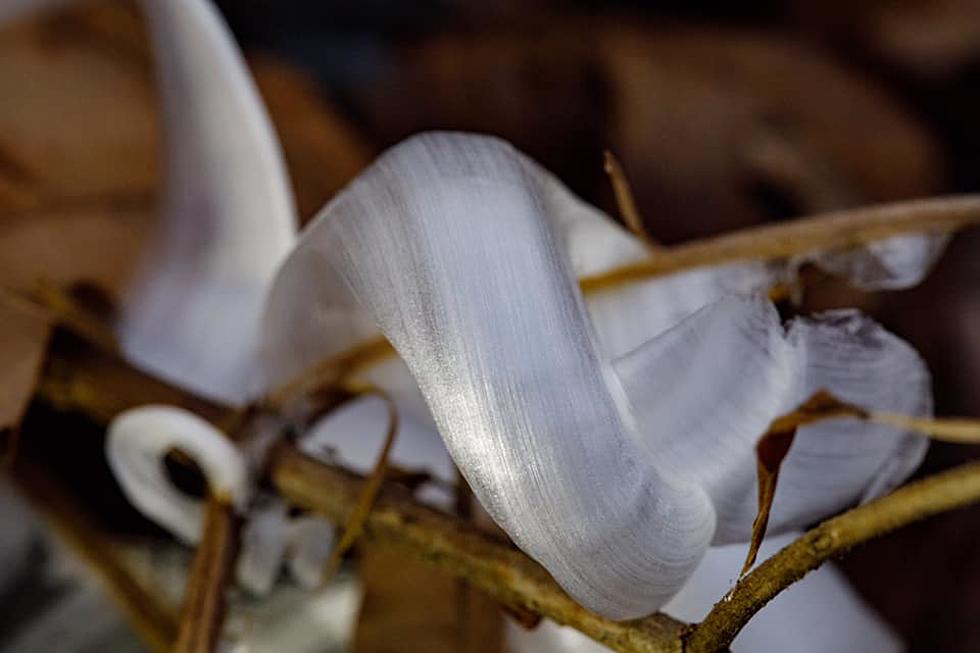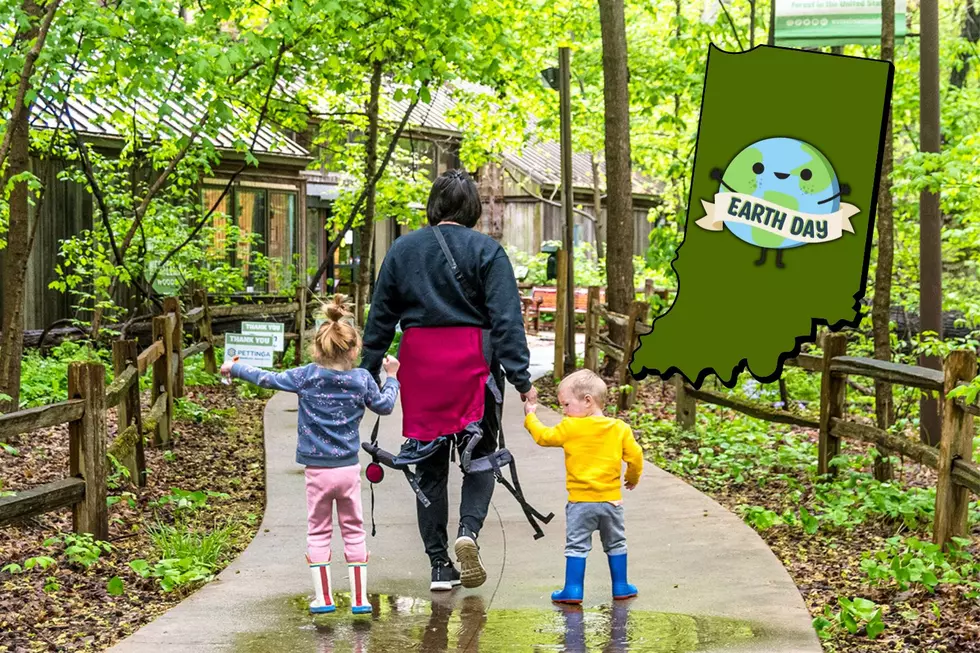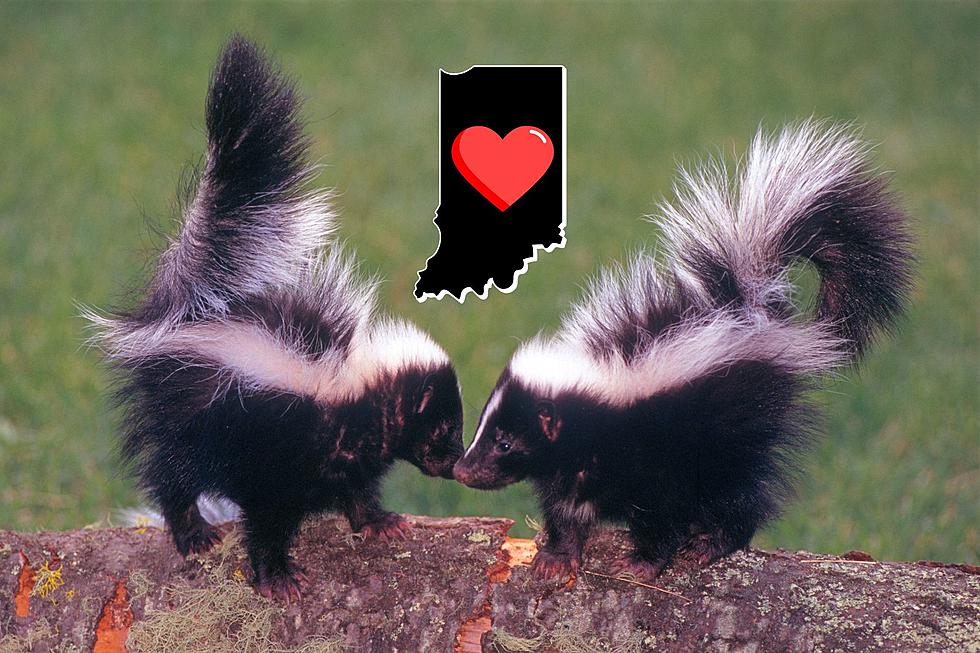
Keep An Eye Out for “Frost Flowers” Like The Ones Photographed in Illinois
As someone who enjoys camping, hiking and just generally appreciates the day-to-day miracles of nature, I am a member of a number of different outdoor groups on Facebook that offer me an opportunity to see nature's beauty. Some of these places, like Shawnee National Forest, I have visited myself. Others, like the Redwood Forests out west, are still on my travel bucket list.
Shawnee National Forest
It is a Facebook group about the former that found me gazing in awe as I tried to figure out exactly what my eyes were seeing. The Shawnee National Forest is located in Southern Illinois, just a short drive from Evansville. Former Biology teacher Suzanne Asaturian shared her photos of what she describes as "frost flowers" in the Facebook group. The photos were taken on a morning walk near Cedar Lake.

What Are Frost Flowers?
The swirling, glinting "petals" stand brightly in contrast to the pallor of the forest floor in winter. They look almost as though they have been spun from glass with the way their striated patterns and curving, rolling edges. Their beauty has left me wondering how I have never seen anything like them before, despite having lived in the midwest almost my entire life, including a number of years in Southern Illinois. Suzanne explains,
The formation of frost flowers is dependent on a freezing weather condition occurring when the ground is not already frozen. The sap in the stem of the plants will expand (water expands when frozen), causing long, thin cracks to form along the length of the stem. Water is then drawn through these cracks via capillary action and freezes upon contact with the air.
She says that the thin layer of ice is pushed farther from the stem, creating the "petal" effect, as more water is pulled through the cracks. As you can imagine the "flowers" are incredibly fragile and delicate, breaking if touched.
Early Morning is Best for Finding Them
If you plan to go hunting for "frost flowers," you'll want to get an early start. Suzanne says that they are best found in shaded areas and in the early morning hours as they melt quickly once they come in contact with sunlight. You'll also want to look for a handful of very specific plants that are most hospitable for creating "frost flowers," including white crownbeard, yellow crownbeard, and Dittany. See some of Suzanne's beautiful "frost flower" photography below and then keep scrolling to see an epic tree house and 12 waterfalls you can visit - all in Shawnee National Forest!
See Frost Flower Photos from Shawnee National Forest in Southern Illinois
You Can Now Stay Brand New Treehouse Cabins In Illinois' Shawnee National Forest
Waterfalls of Shawnee National Forest
More From WKDQ-FM









